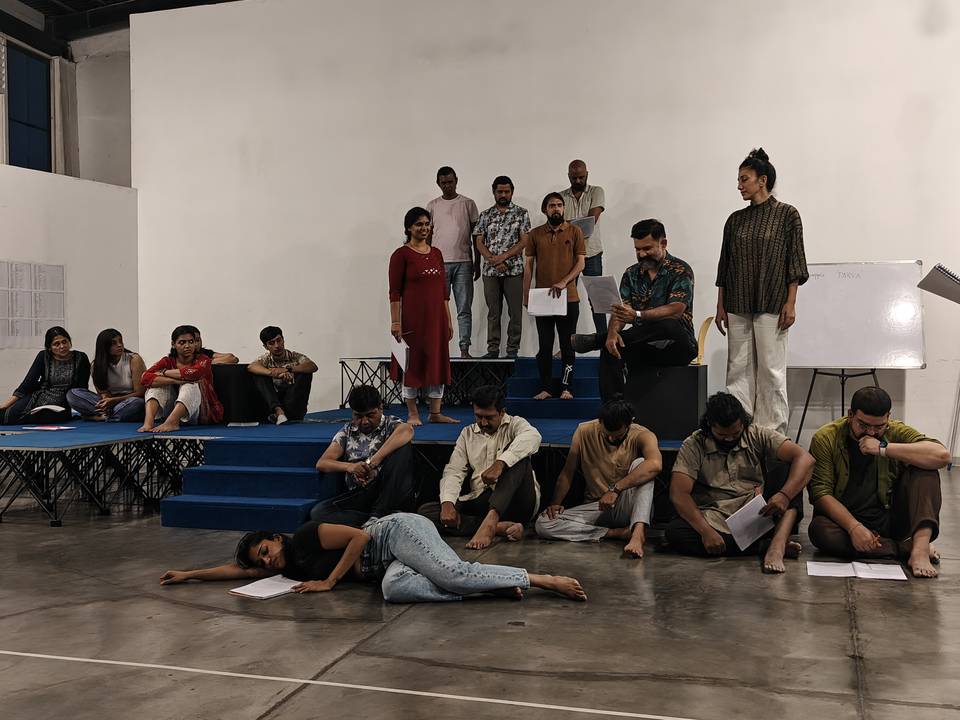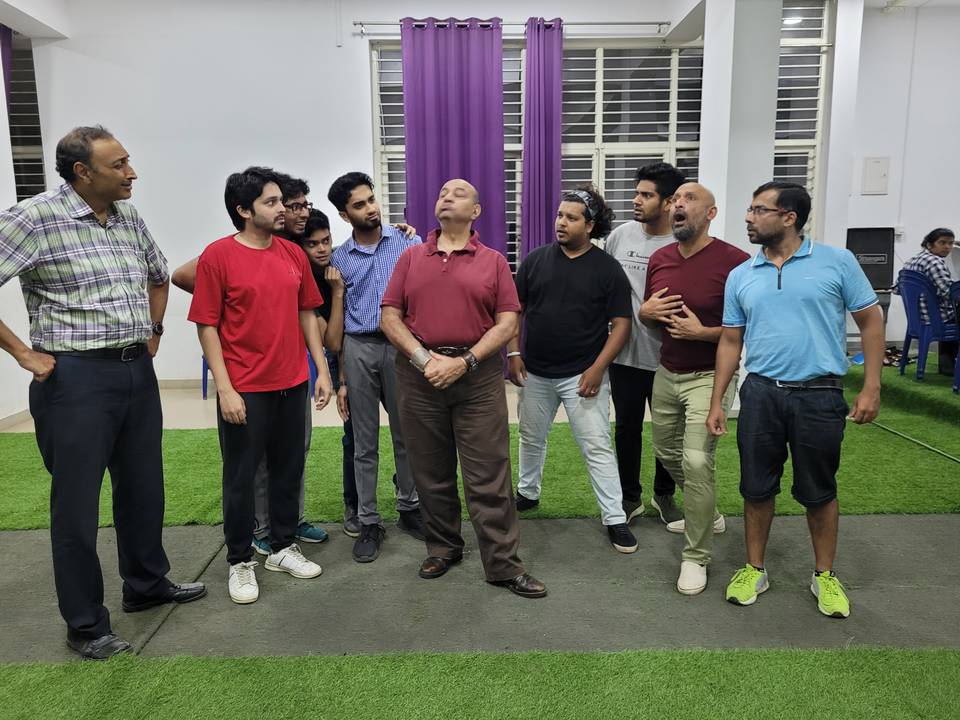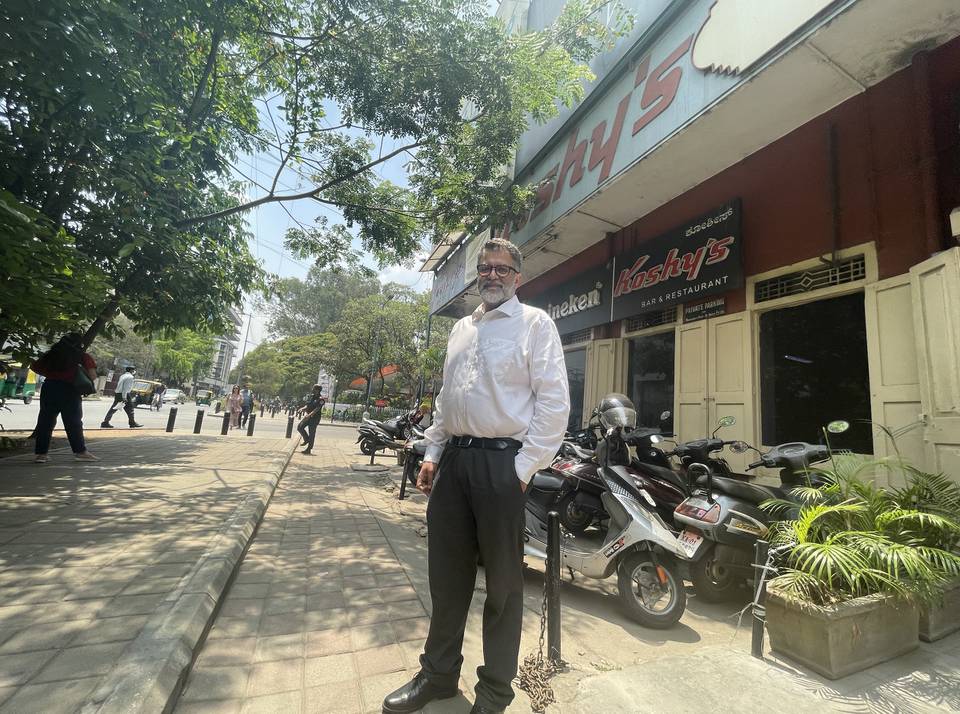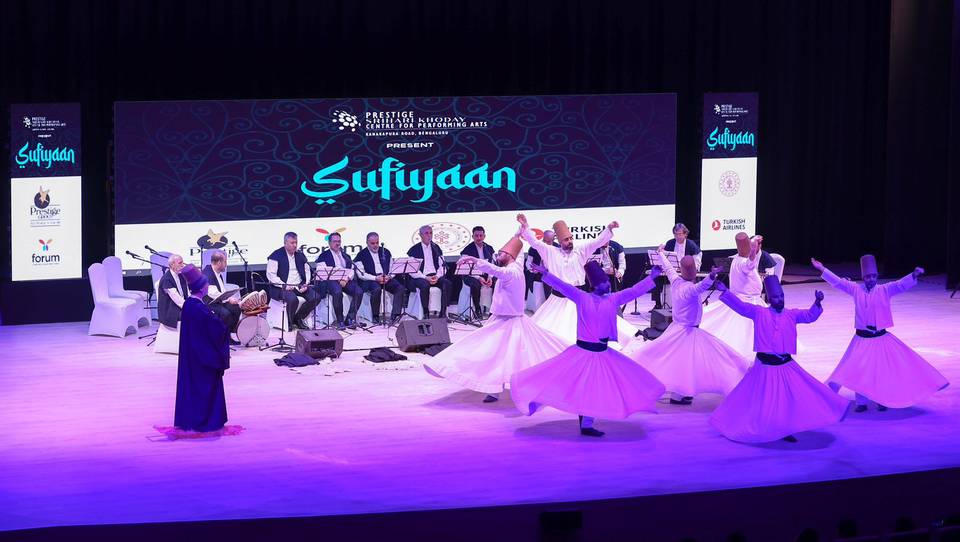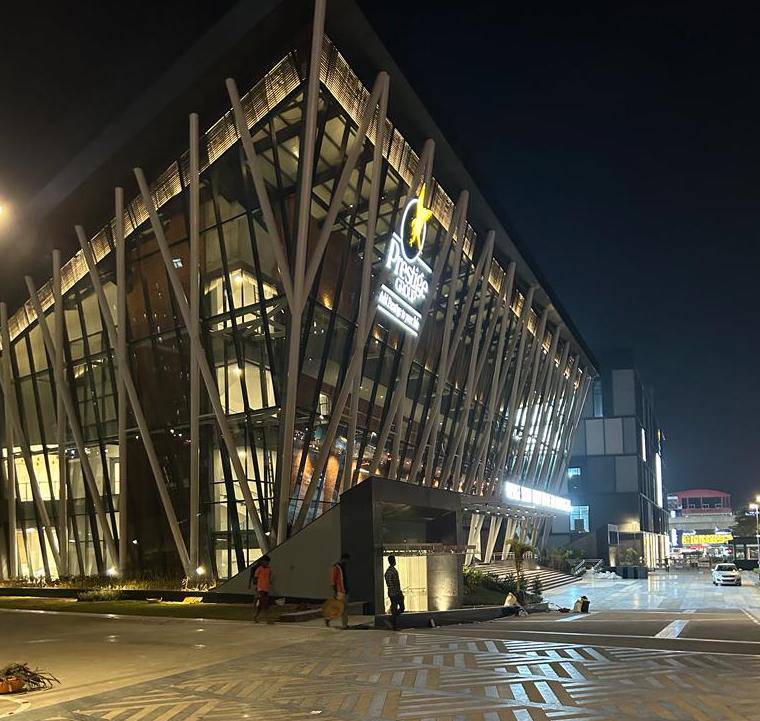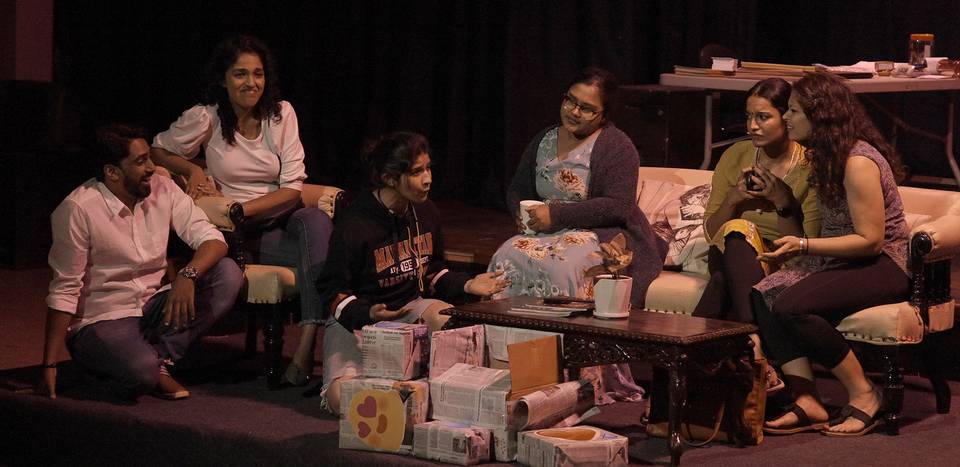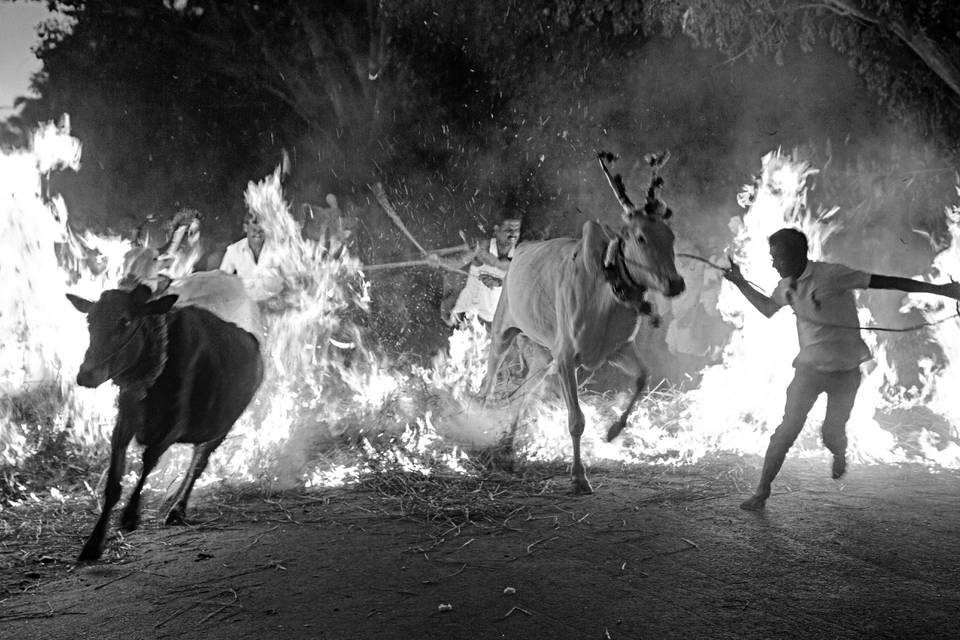The Parva Adaptation By Prakash Belawadi - An Innovative Eight-Hour Voyage
Explocity delves into the creative genius behind this ambitious project with Prakash Belawadi, the visionary behind the adaptation of Dr. S.L. Bhyrappa's novel "Parva."
Oct 03, 2023, 14 02 | Updated: Oct 03, 2023, 15 31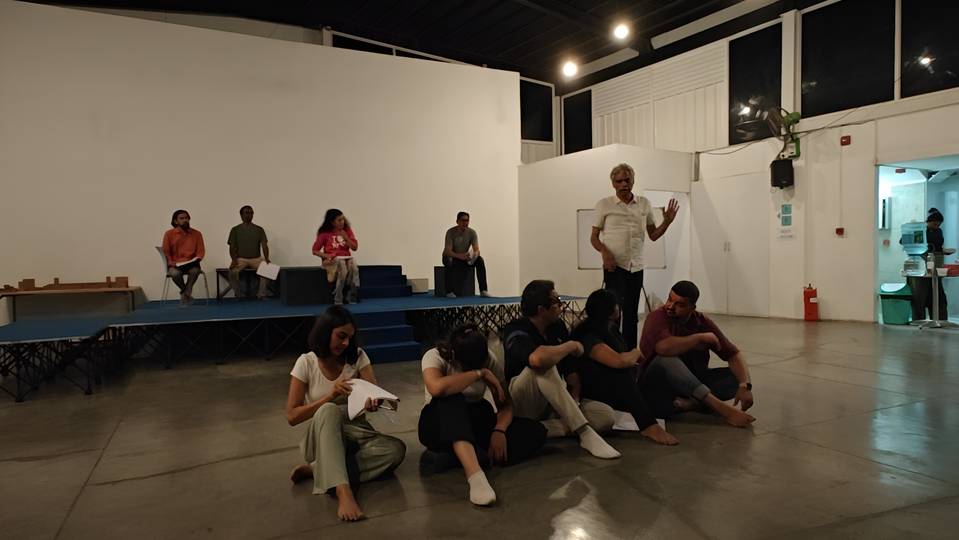
The Mahabharata, a timeless epic of moral dilemmas and complex characters, has captivated generations of readers. But what happens when this age-old narrative is transformed into an 8-hour stage play, challenging the boundaries of storytelling and human endurance?
Explocity delves into the creative genius behind this ambitious project with Prakash Belawadi, the visionary behind the adaptation of Dr. S.L. Bhyrappa's novel "Parva." With insights into artistic liberties, moral quandaries, and the essence of live theater, we explore how "Parva" comes to life on stage and leaves a lasting impact on both the cast and the audience.

Explocity: Adapting a literary work into a visual and performance-based medium often involves making creative choices. What artistic liberties did you take in adapting the play to the novel Parva?
Prakash Belawadi: The biggest liberty I have taken is in locating different time-spaces in the novel, often together on stage. Even using a character to link two time-spaces who will, simultaneously, engage in dialogue with both. Also, the art of the novel allows the author to break the continuity narrative experience for the reader. In a drama or film feature, the end of a chapter in a novel is not really the same as the end of the scene, because a 'scene' is a time-space unit, whereas the chapter of a novel is a narrative stream with description, dialogue, thoughts and feelings of characters, comments by the author, etc. We use it in drama too, but everything is voiced and enacted. 'Parva' is experimental in the sense that we use many narrative devices to remain committed to the novel's purpose.

What thematic choices did you make to approach the moral and ethical dilemmas portrayed in this epic-based story?
First, I understood that 'Parva' is not The Mahabharata. Dr Bhyrappa once said, "It's 20 percent the epic and 80 percent mine." So, it is an interpretative exposition of the moral and ethical dilemmas of the characters. The inherent dramatic tension in the novel is that the characters are forced to make decisions; with a clear choice, in each case, to choose right. But they fail, as we humans tend to. The decisions they make have consequences. When the stakes are so high, the consequences are disastrous.
How does the profound narrative of the novel morph into the drama of the production?
There are indeed scenes in the play, drawn faithfully from the novel which raise profound political, philosophical, moral and ethical questions. But these scenes are in narrative sequence, informed by the burdens that the characters carry, so they are given to the audience as drama, not discourse.
Parva’s characters are nuanced. How do you handle their depth and complexity?
The novel has already done the work in the exploration of the plot and conflicts involving characters. Our job is to render them on stage as drama; with intention, conflict, tension, action and resolution.

What unique perspective or message do you convey through your adaptation?
Simply put, no human being has all the time and resources required to meet all the demands of the self and the world outside. We are forced to choose one course or action above all else. We have to choose right. And we can't, because of human folly, circumstances and complexities of the worlds we inhabit. If we think right, we can hope to do right. That's it.
Let’s talk about Parva challenging the traditional notions of dharma and morality. How do you get these complex philosophical and ethical aspects to resonate with the audience?
Parva, the novel, is incredibly brave in asking these questions in various streams of consciousness and dialogic encounters. Our attempt has been to arrange them in dramatic time so that the audience engages with the narrative with increasing tension, anticipation and understanding.
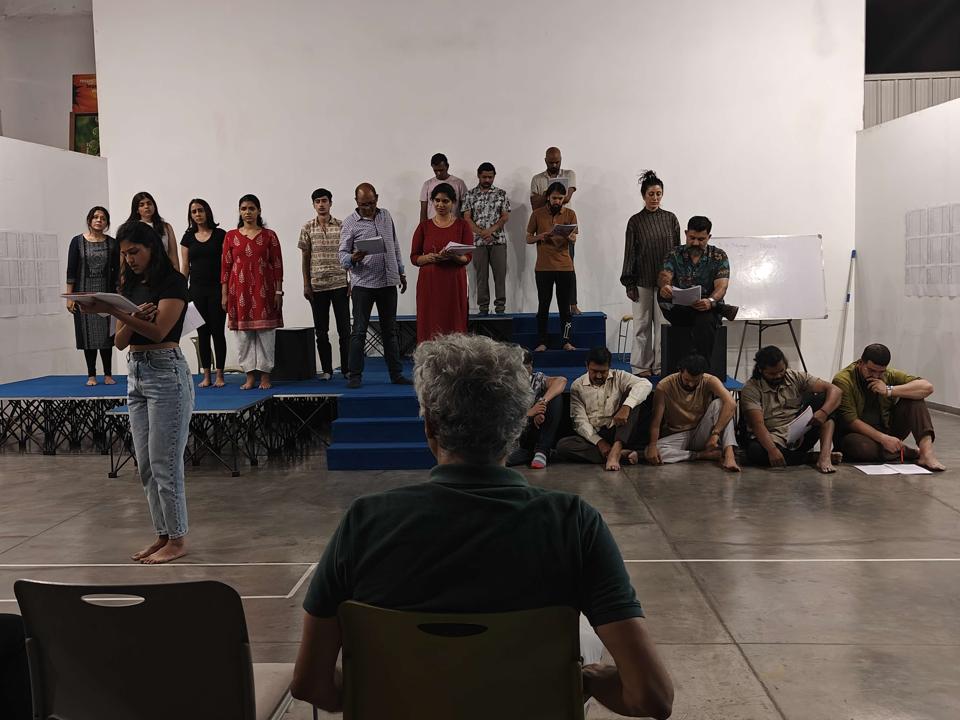
What were your challenges?
Language, for one: not just from Kannada to the English tongue, but in register and gesture to stay closer to the novel's intimate colloquialism than the classical. And, to find amateur actors, most of them, willing to spare the time and make the effort to build a drama lasting eight hours.
Money?
Plus, money, of course. We have no sponsors. I got the investment from Eneno Ase Media, a company started by my daughter and son-in-law.
The play is eight hours long. This calls for a significant commitment from both the cast and the audience. How do you balance this with the practical constraints of theatre?
The constraints make theatre possible. That's the paradox. One of my actors, Abhijeet Shetty, said, "Don't we binge-watch a web series?" He's right. We watch a cricket match. In India's villages, this is normal... the performances last all night. There are constraints that are real; and some, imagined.
The eight hours include four intervals. How will you use these intervals to enhance the audience's experience and understanding of the story?
By making good food available, hopefully.
How does theatre add dimension to the storytelling of epics?
Because it is not a recorded narrative, it is always new. It is alive, not buried in frozen bytes. So, it always remains possible. The four shows we do will be four different shows, delivering four different experiences.
Parva will play at the Chowdiah Memorial Hall from Oct 19 to 22. For tickets, click here for the full event listing: https://bangalore.explocity.com/events-in-bangalore/parva/
Image Gallery

